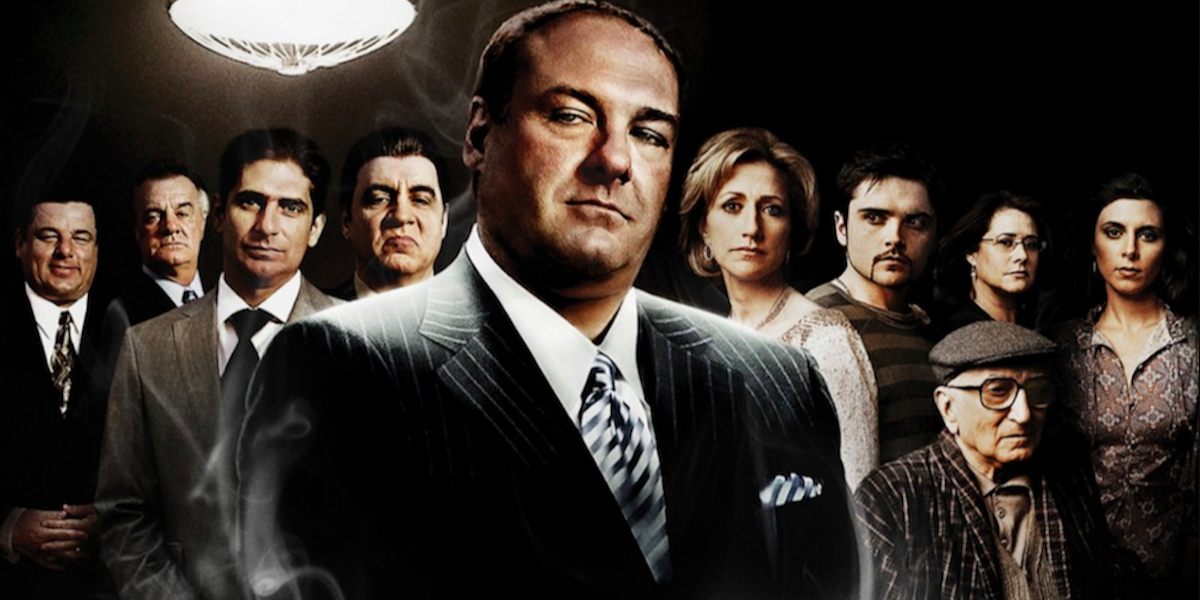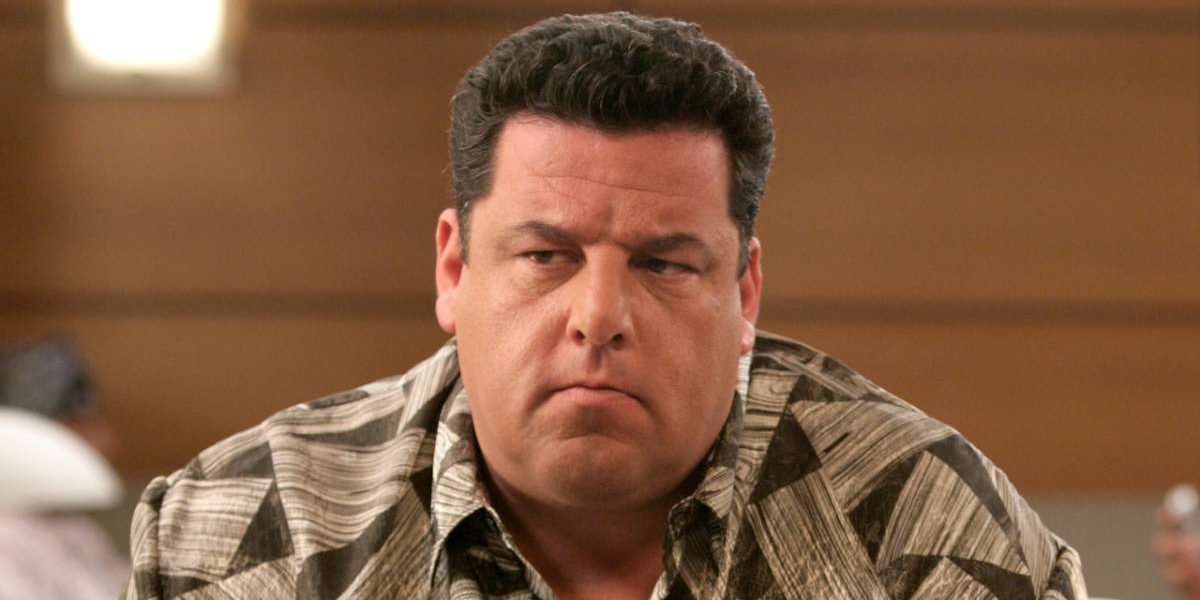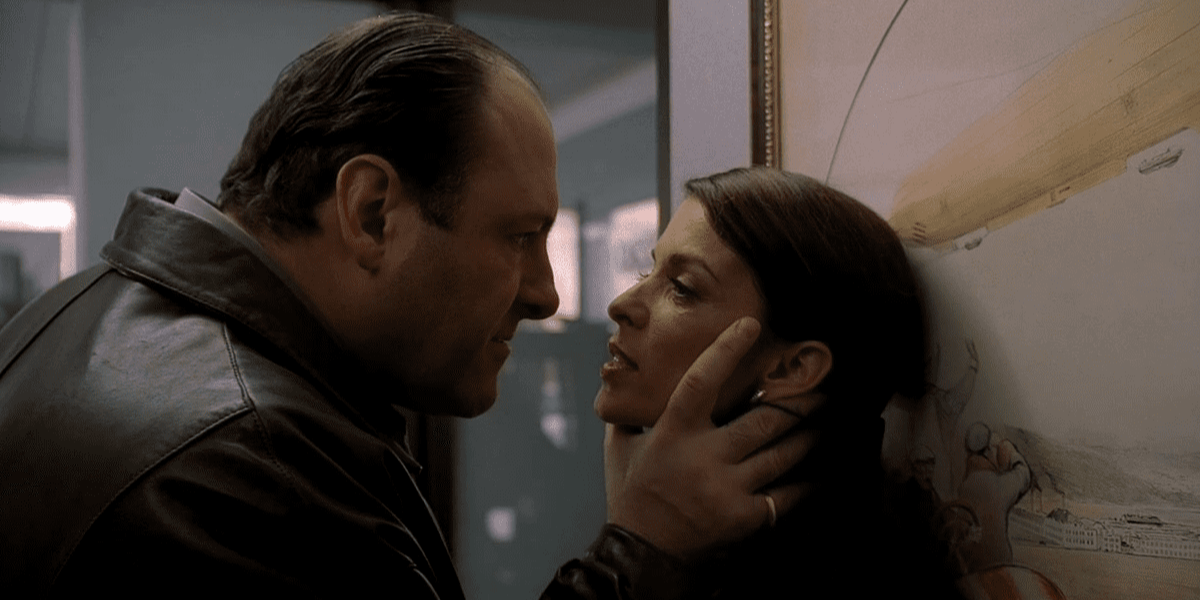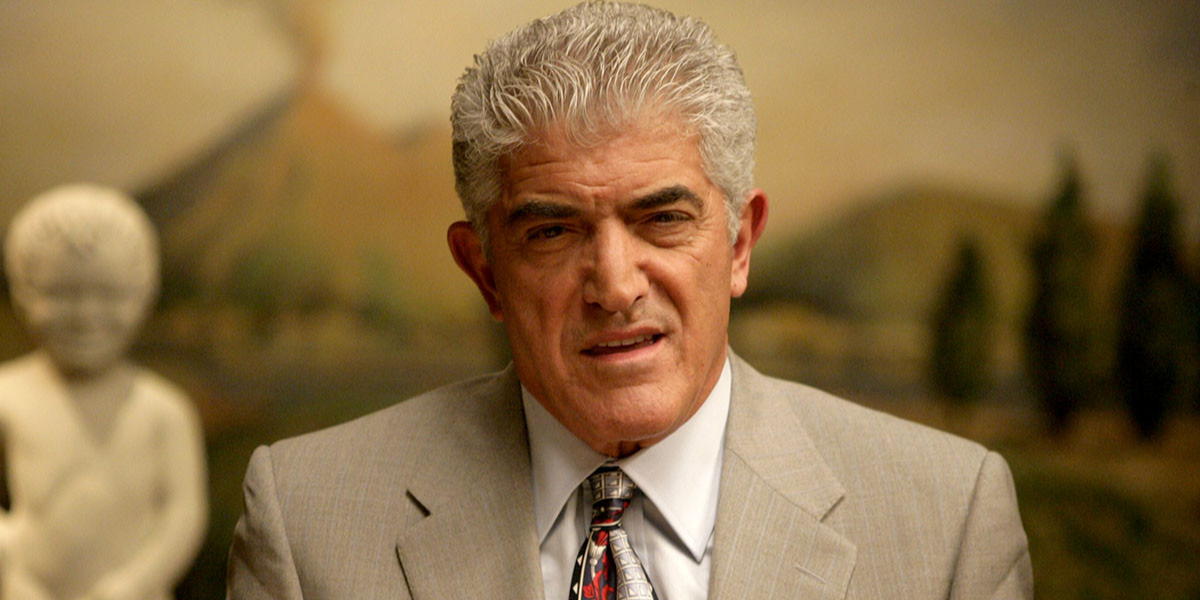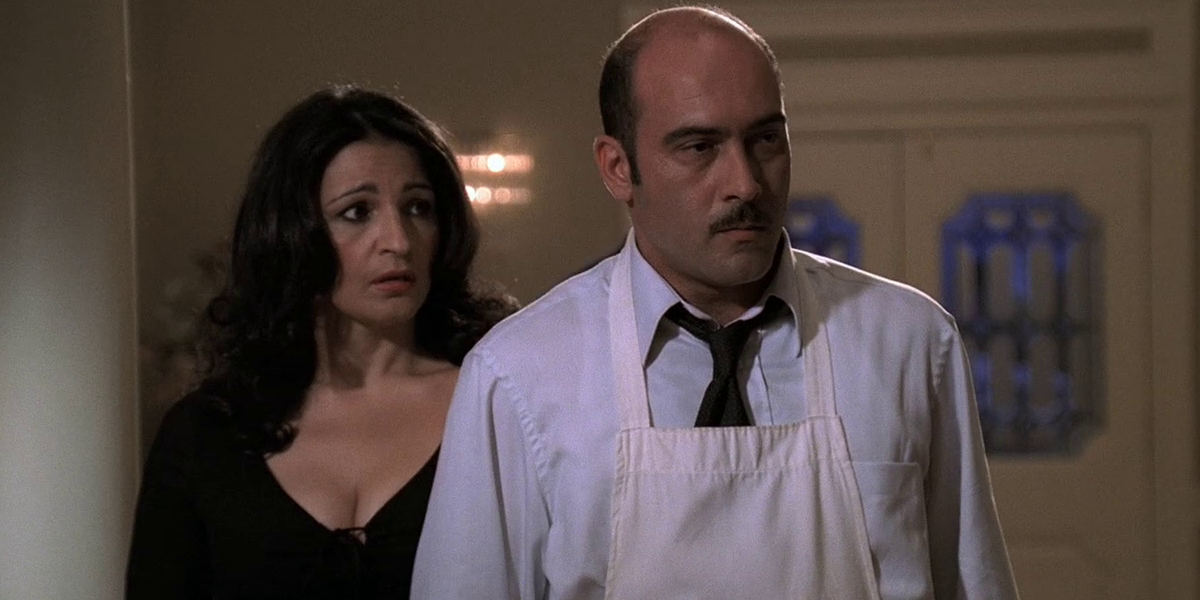It's almost impossible to talk about The Sopranos' juggernaut success without focusing on its central character Tony Soprano. The nuance of his personality is a master class in writing and widely considered a landmark moment in TV history that helped establish the anti-hero protagonists of other prestige dramas like Mad Men and Breaking Bad. While the mob boss hogs all the attention, the importance of the HBO show's supporting characters should not be overlooked.
The Sopranos took an ensemble approach to storytelling by establishing the supporting characters as individuals with their own lives and impact on the universe. In fact, it's typical for first-time viewers to miss some of the finer details and significance of smaller characters that are usually not fully appreciate without hindsight. Here are five such characters in The Sopranos that deserve more attention.
Bobby Baccalieri
While it's almost impossible to finish The Sopranos without realizing the importance that Bobby "Bacala" Baccalieri has in the story, it's similarly impossible to anticipate just how significant he will be when he first appears. Introduced as a right-hand man to Tony's uncle, Corrado "Junior" Soprano, Bobby steadily rose through the ranks before becoming Tony's third in command by the end of the series. What's most impressive was that he did so almost entirely without embracing the cruelty and brutality around him.
Notable for never performing a hit or killing anyone for most of his life, much of Bobby's success was bolstered instead by his father's titanic reputation. Rather than pushing his muscle on others, Bobby endeared himself to many in the DiMeo Family through sheer sincerity and consideration. Such qualities create a white-hot contrast against the world he inhabits, making his importance outshine most other characters in The Sopranos. Six seasons of ruminating on a violent lifestyle's psychological effect loses much of its nuance without Bobby's incorruptible presence throughout it all.
Gloria Trillo
Infidelity is a recurring theme throughout The Sopranos as the hypocritical nature of the "family men" is crystallized in their "goomahs," the girlfriends they cheat on their wives with. Tony had several goomahs throughout the series. Yet even mistresses he had for far longer could not compare to the psychological impact left by Gloria Trillo.
Gloria and Tony had a passionate affair after meeting each other at Dr. Melfi's office. However, Gloria had her own issues and volatile history that violently clashed with Tony's attempts to objectify her. He mistreated her as he mistreated so many people throughout the series, but Gloria's suicide left Tony with such a scarred guilt that even seasons later it continued to manifest in his thoughts and dreams as the ghosts of his past haunted him.
Phil Leotardo
Not only are there so many characters throughout The Sopranos to keep track of, but their relationships to each other and the organizations they serve only adds to the confusion. This means even when viewers can identify a character's importance on their first viewing, they really need to pay attention to the character's loyalties and history. Phil Leotardo is a perfect example of this.
Phil originally served as a Capo to the Lupertazzi crime family, a New York organization based in Brooklyn with increasing tensions with Tony and his underlings. When the Lupertazzi's original boss Carmine Sr. died and his successor Johnny "Sack" Sacramoni followed suit, Phil fought with Doc Santoro for the position. Phil's temperamental nature, strict conservative values and often stubborn refusal to accommodate differences generated an increasingly important antagonist. Nonetheless, Phil is easy to overlook in the beginning of the series because he's initially just one small piece of a dizzying criminal family tree.
Charmaine Bucco
To show the impact of the criminal lifestyle on its main character, The Sopranos wisely chose to create several foils that provide insight into what an alternative life of legitimacy could look like. Dr. Melfi's Italian heritage and well-off family often served to highlight that contrast, while bringing awareness that Italian-Americans like the Sopranos perpetuate negative stereotypes they look down upon. On the other hand, the Buccos exemplify how individuals enmeshed in the Sopranos' world can still assert their innocence and honesty.
Charmaine Bucco willfully resists the role of the passive wife or helpless bystander. Growing up with the Sopranos she knows all too well the consequences of a life of crime. With her own romantic history with Tony, she proves the most direct foil for Carmela. Charmaine insists on keeping her husband, Artie, honest, even though it forces them to struggle. It's a crucial trait that shows how individual choice is not completely overridden by one's environment, upbringing or genetics.
Patsy Parisi
Patsy Parisi served in Junior Soprano's crew before transitioning to Tony's. His story is so subtle yet so crucial that it almost feels like the show's catalogue should have included a Patsy-centric episode. Often acting as an accountant and soldier, Patsy initially amounts to little more than a body to flesh out a room or provide an opinion. But when his twin brother, Philly, is murdered on Tony's orders, it provides a powerful character arc for Patsy.
After his brother's hit, Patsy spirals into a depression on the twins' shared birthday. He shows up at Tony's house and aims a gun at it briefly before opting to urinate in the swimming pool instead. He later seems to overcome his desire for revenge when his son gets engaged to Tony's daughter, Meadow, which offers Patsy a major political advantage in his position in the family. Still it remains a mystery whether he truly did get over his brother's death, with some theories even proposing that he arranged the hit on Tony in the final episode.

